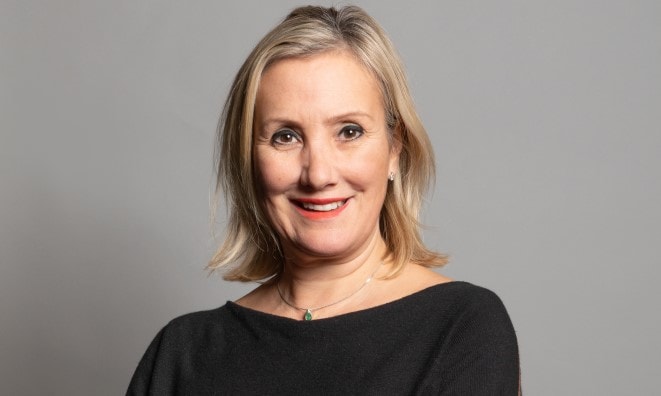At the latest Department for Digital, Culture, Media and Sport (DCMS) hearing into the economics of music streaming today, Minister of State for Digital and Culture Caroline Dinenage supported a referral of music streaming to the Competition and Markets Authority, one of the key asks of the #FixStreaming campaign. A position welcomed by both The Ivors Academy and Musicians’ Union.
It is clear that major labels’ dominance of the music streaming marketplace, together with their record profits, have not gone unnoticed by MPs on the Select Committee. As well as leaving artists with very little bargaining power, it has also caused an undervaluing of the publishing and songwriting side of the music business.
Graham Davies, CEO of The Ivors Academy said:
“The UK leads the world with the quality of our songwriters, composers and artists, but outdated industry structures suppress their incomes. The inquiry has shown that there is strong support for reform to keep the dominant multinational labels in check, provide transparency where there is little and provide our musicians with sustainable incomes. We welcome the Culture Minister’s support for a referral to the Competition and Markets Authority, and the Committee’s interest in creating an equitable, fair and transparent streaming economy.”
Dinenage also referred to aspects of streaming, such as playlists, being ‘like radio’ and this supports the MU’s aim to secure a guaranteed income stream for performers on music streaming, similar to that which exists on radio broadcast.
Kevin Brennan MP was very clear in his line of questioning that music streaming is replacing radio over time and that the income streams provided for musicians should not be eroded as a result. He referred to the core reason for equitable remuneration being introduced in the 1980s by a Thatcher government, which aimed to ensure that musicians are paid when their music is communicated to the public. This principle still stands and yet only one aspect of communication to the public in copyright law, broadcast, currently works in this way. Copyright law needs updating to take account of the ways that music is consumed today.
Disappointingly, however, both Amanda Solloway MP (Minister for Science, Research and Innovation at Department for Business, Energy and Industrial Strategy) and Tim Moss, (Chief Executive at the Intellectual Property Office), failed to commit to an update of copyright law to reflect changes in the digital marketplace. They did make a commitment to look into the matter further though and referred to an opportunity to build on the UK’s current copyright regime.
Naomi Pohl, Deputy General Secretary of the Musicians’ Union, said:
“Given the evidence they have heard during this inquiry, we are extremely hopeful that the MPs on the Select Committee will make a case for improving music streaming economics for musicians and songwriters. Caroline Dinenage has helpfully highlighted the similarities between aspects of music streaming and radio, which reinforces our plea for it to attract a similar division of royalties between label and artist as we see for radio play. With just a small tweak to UK copyright law, we could introduce a guaranteed payment to all musicians whether featured or non-featured, recouped or unrecouped. We hope the IPO will engage with us going forward to look at how this could be achieved and what a positive impact this could have on performers’ livelihoods.”





